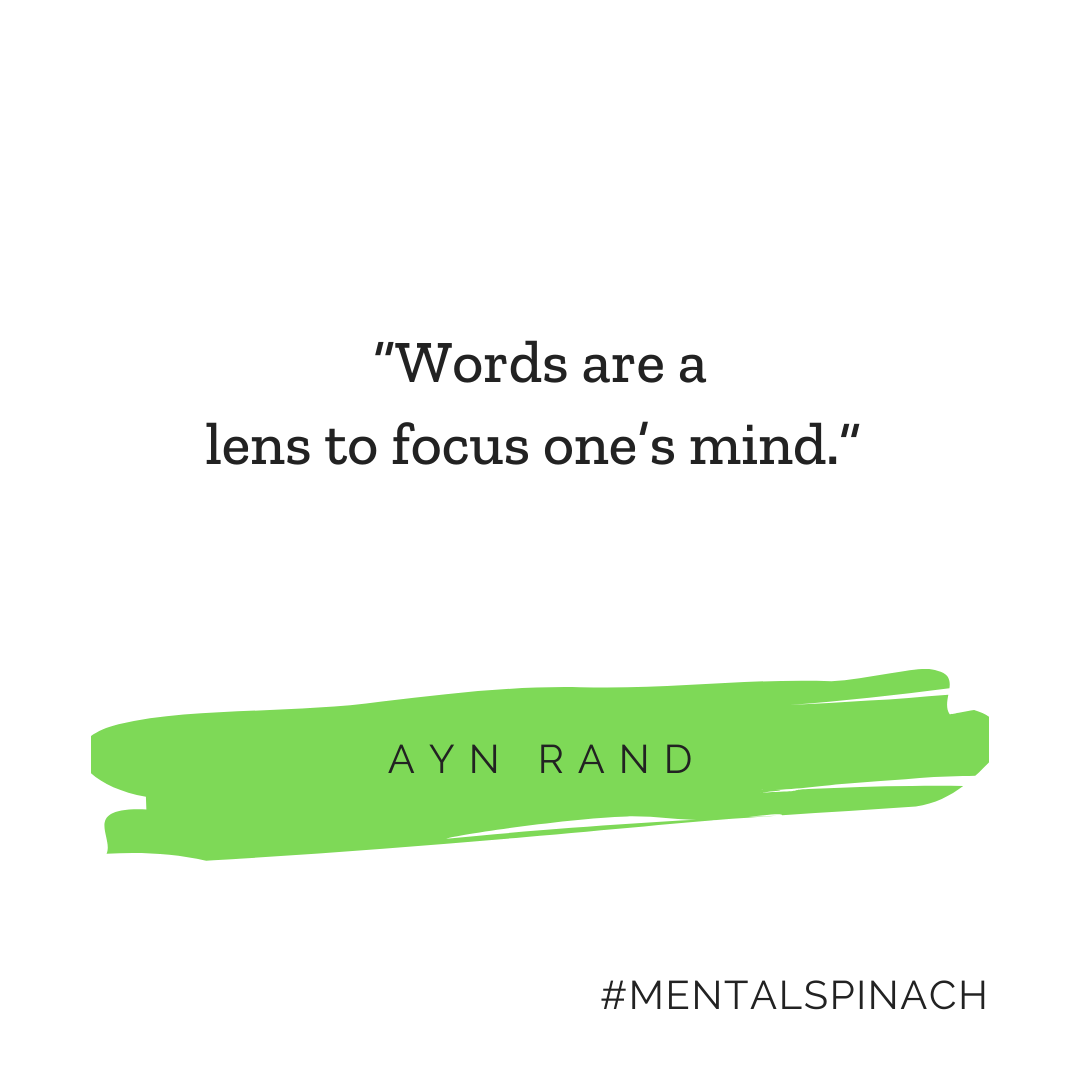I (Ian) have invested a huge proportion of my spare time over the past 40 years in writing and in the essential preparation for writing – like reading, observation, thinking and conversation. This has led to the publication of five books, a number of professional papers and articles plus a substantial body of unpublished work – some mine alone and some in collaboration with Jess.
So why have I done this? Essentially because I was curious and passionate about subjects which I considered worthy of exploration. As I recorded my learnings, observations, experiences and ideas, I developed frameworks for them. Some of those I concluded had potential to be of value to me and to others. So I explored those deeply and they have been published. Many others have been discarded or remain work-in-progress.
Writings prompted by observations
All my writings have been prompted by observations, such as:
The remarkable contributions and achievements by lots of people worldwide who come from humble and disadvantaged backgrounds. Some have been famous public figures, others personal friends or colleagues. We can learn a lot from their examples about thinking big and longer term, working with and leveraging the contributions of others, capitalising on change and the opportunities it brings, and so many other drivers.
The power of compound growth, described by Einstein as the 8th wonder of the world. From time to time this power is wonderfully demonstrated in corporations and organisations, the environment, technology and society as well as national and international contexts – good and bad. What has fascinated me most have been the vast array of levers, big and small, which can be pulled to achieve compound growth in business and investment, and in human and social capital.
The crazy hours worked by many of our most gifted and committed young people and the unrewarding context of much of that work. Many will probably be financially wealthier – but will they be “richer”? Depression rates among young people and young professionals in particular suggest they may not.
The small amount of time most busy people dedicate to reflecting on their own experiences, interests and futures. Their own story and experiences and the lives of those close to them can be just as exhilarating as the experiences, performances and feelings of soapie characters, film stars and sporting heroes which are accessible 24x7. Their own lives are far more real and relevant…. and, unlike the soapies, grand finals and thriller movies, they can significantly influence them. (Don’t assume from this that I don’t binge Netflix series from time to time. Nor assume that I spend tons of time reflecting or looking backwards)
Do you have to be an expert in a subject to write about it?
In my experience as a (non-fiction) writer, you don’t have to be an expert in the subject at the outset to ultimately write successfully and effectively about it. But you do need to be passionate and curious about it. You’ll then find your way past the inevitable roadblocks, build relevant expertise and often develop original thinking.
I’ve followed this path in the contexts I’ve described above. I’ve had the advantage that these areas have also been well aligned with my careers as a businessman and as a coach of executives. In fact my writing has contributed deeply to both careers.
Passion and curiosity are fundamental
I’ve also experienced what it’s like to lose passion and curiosity about subjects and have to change direction. I twice discontinued doctorates in the 1970s for this reason. Conversely, some years later I was awarded two doctorates for my work on subjects central to my passions. Being a writer and everything that goes into publishing a body of work is definitely not a neat linear path. It certainly hasn’t been an easy one but it has always been a fulfilling and pleasant one – because it’s always been my choice where my passions and curiosities lead me to devote my energies.
So if you’re motivated to publish something and wondering where to start or you’re passionate and curious about a subject, here are some questions which might help you flesh out a plan.
Ask yourself:
How do I go about researching my passion more deeply and building a framework for what I learn? Who can help?
(Having dug a little deeper) is it something I would consider writing about? (even if only privately initially for clarifying my own thoughts)
(And perhaps in due course) do I have some original thinking to contribute more publicly on this subject?
Is it something on which I should collaborate with others?
Is it just a hobby or does it fit with my career? How do I best capitalise on it while still enjoying it?
Covid-19 Addendum
As a consequence of your current working arrangements, do you have much more free time? (eg saving 10 hours of commute time per week or having less hours of work available to you?) If so, is there a passion you have long wanted to pursue or a subject you have long wanted to research but have always deferred because of time pressure?
What interesting things have you observed in or as a consequence of your new living and working context? Do they trigger passion or curiosity? Would you like to explore them further? If so, then how?




